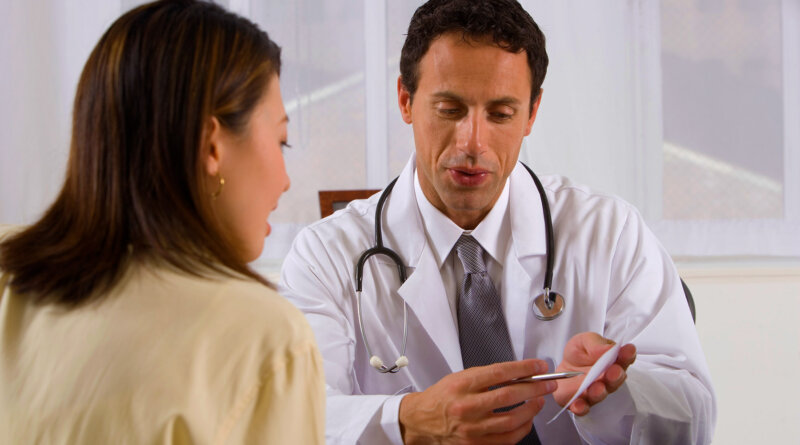Metformin Could Help Prevent Some Breast Cancers
More study is needed to better understand whether there is a cause-effect relationship between metformin and cancer or whether the increased risk owes to an absence of protection from metformin, Sandler said.
The findings were published Jan. 29 in the Annals of Oncology.
Metformin has been hailed as something of a miracle for many diseases other than diabetes. Some research has linked it to a longer life span, reduced risk of vision loss and improved fertility in men and women.
The new study does not suggest that women without diabetes should take metformin to reduce breast cancer risk, said Dr. Pamela Goodwin, co-author of an editorial that accompanied the study. She’s a professor of medicine at the University of Toronto and former director of the Marvelle Koffler Breast Centre at Toronto’s Mount Sinai Hospital.
More research is needed to fully understand the link between diabetes and breast cancer and clarify what role metformin may play, Goodwin said.
Losing weight and engaging in regular physical activity can help lower diabetes risk, she said, adding this may have spillover benefits for breast cancer risk as well.
“If you have type 2 diabetes, get properly treated and in many cases, this means taking metformin. Make sure to get regular mammograms, too,” Goodwin said.
Dr. Sarah Cate, director of the special surveillance and breast program at the Blavatnik Family-Chelsea Medical Center at Mount Sinai in New York City, reviewed the findings.
“Certainly, metformin helps with weight loss, which is linked with estrogen-driven breast cancers, so this may explain why fewer patients on metformin got this type of breast cancer,” she said.
Both Cate and Goodwin noted that the finding on triple-negative breast cancer needs to be fleshed out.
“The number of patients who were found to have triple-negative breast cancer was small, so we cannot draw any practice-changing conclusions from it,” Cate said.
More information
Breastcancer.org offers more information on risk factors for breast cancer.
SOURCES: Dale Sandler, PhD, chief, Epidemiology Branch, U.S. National Institute of Environmental Health Sciences, Research Triangle Park, N.C.; Pamela Goodwin, MD, MSc, professor, medicine, University of Toronto, and former director, Marvelle Koffler Breast Centre, Mount Sinai Hospital, Toronto; Sarah Cate, MD, assistant professor, surgery, Icahn School of Medicine, Mount Sinai, New York City, and director, special surveillance and breast program, Blavatnik Family-Chelsea Medical Center, Mount Sinai, New York City; Annals of Oncology, Jan. 29, 2021



